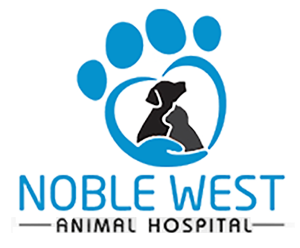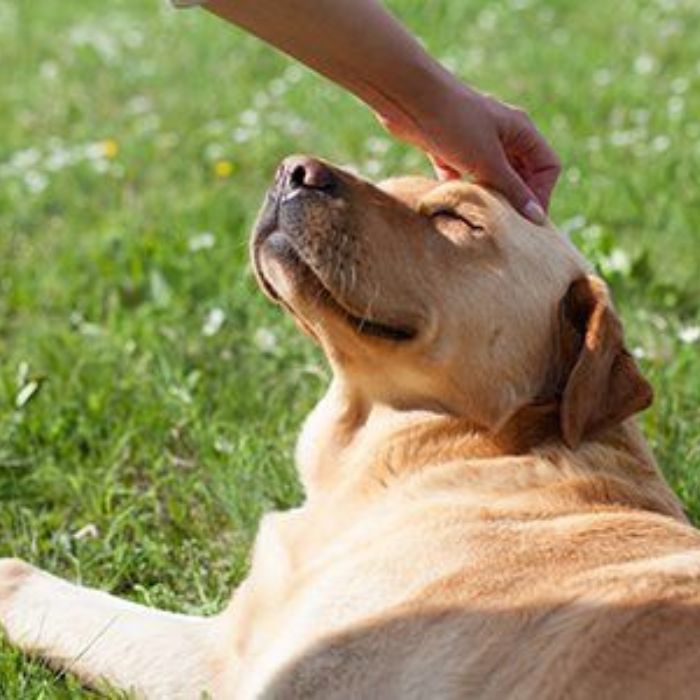Treating Pet Bone Fractures
One of the most frequent orthopedic ailments in dogs and cats is fractures.
Treating Pet Bone Fractures
Fractured bones don’t only affect humans. If your pet has been involved in an accident or suffered an injury whereby his limbs or body are involved, there is every chance that a bone has fractured.
There are a huge variety of different types of fractures that it is possible for your pet to sustain. There are also numerous treatments and potential outcomes from the post-fracture care that they receive. Fortunately, in the majority of cases, most fractures in cats and dogs so heal well and enable the patient to return to life as normal.
If you suspect that your pet has a broken bone, we advise that you keep him as still as possible and contact our clinic. Depending on where the potential break is, we will advise you on what you need to do to stabilize the bone so that you can travel to our animal hospital. Here, we will be able to perform a thorough assessment of the damage and recommend the best course of treatment.
Common types of pet bone fractures
There are primarily four types of fractures that are commonly seen in animals. These are as follows:
Closed Fractures
These occur when there is a break in the bone, but the skin covering the area is intact, and there is no open wound.
Compound Fractures
These are breaks where the broken section of bone extends out through the skin. The biggest complication with compound fractures is that the bones can be contaminated with dirt and debris, which increases the risk of infection setting in.
Greenstick Fractures
These are characterized by small cracks within the bone, but the bone as a whole is left intact.
Epiphyseal Fractures
More common in young animals that are still growing, these are when fractures appear on the growth plates of bones and are particularly common on the ends of the femur and humerus.
Diagnosing a Pet Bone Fracture
We will always start any diagnostic process with a physical examination of your pet. This will help us to determine where the problem lies and may enable us to detect other, less obvious injuries that your pet may have also suffered. However, just as with humans, the best way to accurately diagnose a bone fracture in a pet is to perform an x-ray. This is a radiograph of your pet’s bones which will enable us to identify any fracture, hairline, or complete clearly.
Once we have obtained a definitive diagnosis as to the location and type of fracture your pet has experienced, we can then move on to planning his care and treatment.
Treating a Pet Bone Fracture
Exactly what treatment your pet will need will depend on the type and severity of fracture he has sustained. Some fractures, such as those in very young animals, may be able to be treated using a fiberglass cast. However, in most instances, some form of surgery is required. This is because, unlike humans, animals cannot understand the necessity of resting their broken limbs. This means that too much pressure is placed on limbs if they are left to heal in a cast.
The surgery uses plates, pins, screws, and frames to stabilize the bones, allowing them to be re-aligned and stabilized without worrying about pressure causing them to fall straight back out of alignment. Our veterinary team will be able to advise you if surgery is the best course of treatment for your pet and explain what is needed and why. Many types of fractures are straightforward to treat, but others require more complex surgery.
Your pet will also need to undergo a period of rehabilitation after treatment. Some stiffness in the limb is normal, but whilst some activity will need to be avoided, you may be given a physical therapy routine to perform with your pet that will help to prevent complications such as muscle wastage. By following the instructions of our team, you can be sure that your pet will make the best possible recovery.
To find out more about fracture treatment for pets or to schedule a visit to our Noblesville animal hospital, please get in touch with us by calling 317-218-3731.
Veterinary Services
Below are all of the veterinary services we offer at Noble West Animal Hospital. If you have any questions regarding our services, please feel free to call us.

